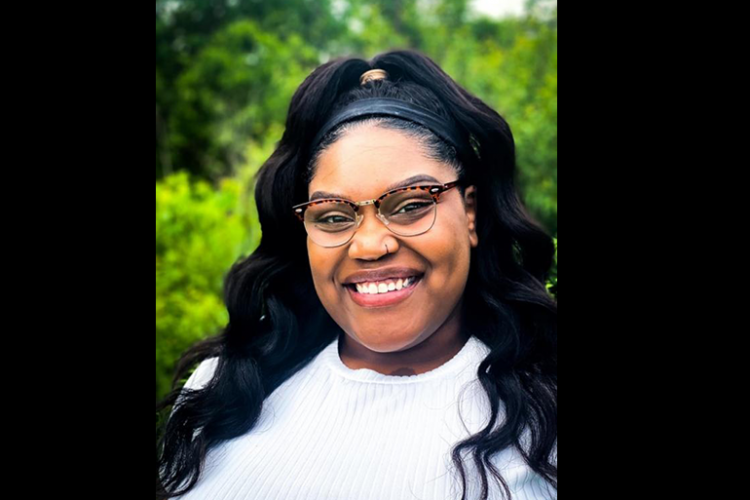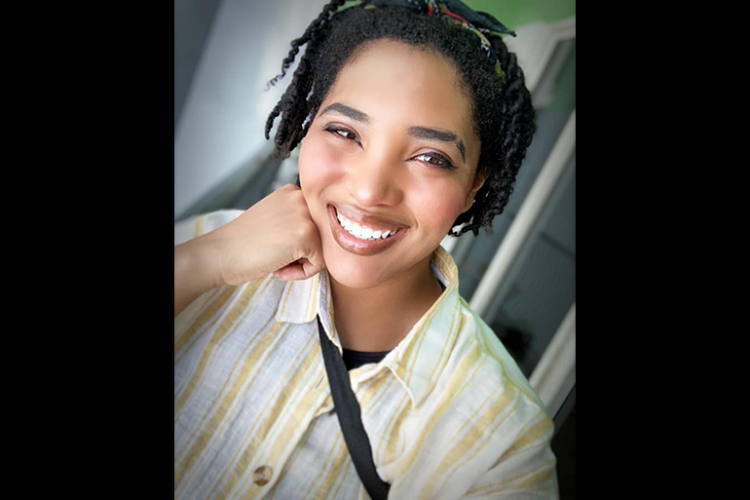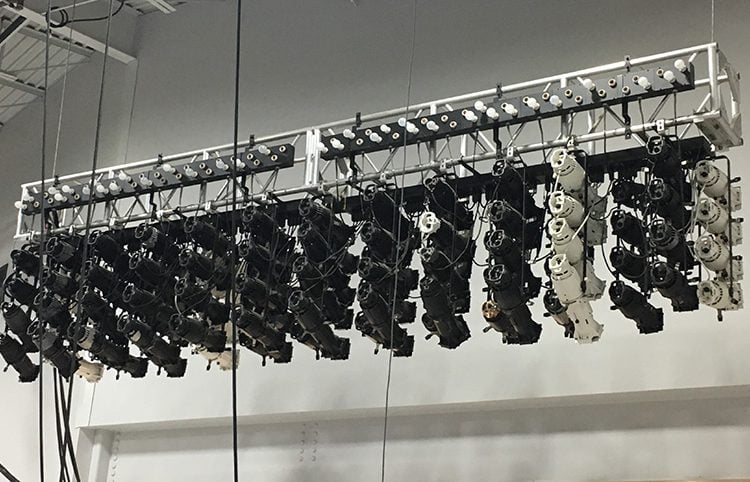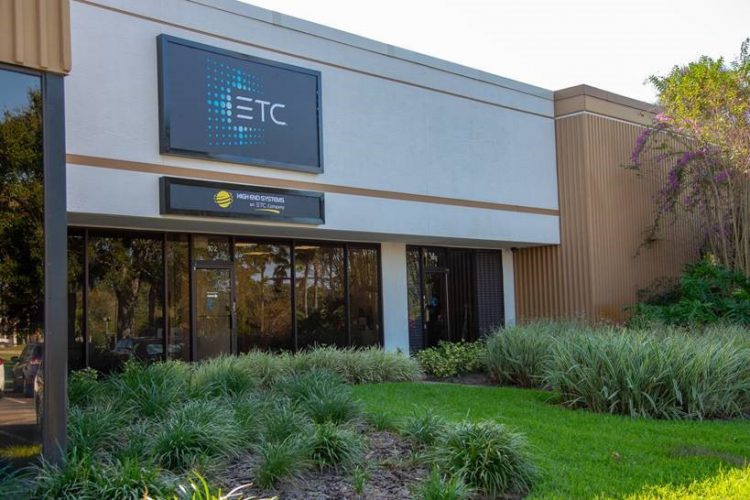When Amber Whatley decided to study lighting design in college, she quickly realized that many of her peers were coming to the program with prior training because of the programs that existed at the high school level. Unfortunately, in the majority of Black communities in the United States, public schools aren’t able to offer arts programs because they are focused on raising enough money to hire core-subject teachers. Drama clubs, AV clubs, and theatre classes, simply don’t exist.
Students in these BIPOC communities aren’t seeing themselves represented in the field and aren’t made aware that a career in theatre, and more specifically lighting design, could even be an option.
What someone experiences and witnesses in adolescence make a huge impact on what they believe they can do later in life.
Amber, who grew up in Montgomery, Alabama, remembers being fascinated at an early age by how colors played together and how objects reflected light differently depending on their environment. She was lucky to have guidance counselors advocate for her to attend George Washington Carver Elementary Performing Arts and Magnet School through fifth grade. This is where she was introduced to the theatre, stage management, and lighting. In a lucky twist of fate, Amber’s first drama teacher, Ms. Stewart, just so happened to be a Black female, a rare occurrence that ended up making a big difference in Amber’s future career goals.
My first theatrical role model was a Black female. I never knew how rare that was or that I was lucky for the way that had worked in my favor.
Unfortunately, Amber was not given the opportunity to continue with the Magnet school past fifth grade but instead moved to the public middle school across the street from her home. She quickly tested higher than her peers and was moved up to high school early – a school with no outlet for her theatrical interests.
I went to a high school that was built in 1910 and had few renovations since then. The lighting was dim and unstable. It was awful; it truly added to the idea that “school is for learning not for fun.”
University experience
As Amber approached graduation and was still in love with the idea of a career in theatre, she looked for universities that offered classes in stage management. Despite her lack of theatrical portfolio, Amber earned an academic scholarship to Savanah College of Art and Design (SCAD).
This was the first time I entered a room where Black people were not the majority, I was 18 years old. At SCAD, I spent my first two years tackling core classes and avoiding the technical theater classes, for fear of feeling imposter syndrome. I knew my peers in my program came to college with four full years of theater experience, and the last time I had any theater involvement was when I was 11.
Amber soon found her way within the program and her love of lighting design. She went on to grad school and was inspired to create a program that would give kids an introduction to the world of theatre where other programs may not exist.
I want to make sure that as many students as possible are encouraged and given the experience to discover lighting design. They should not be limited by where they grow up and the color of their skin.
Creating Blackout
Prior to the worldwide pandemic that brought everyone to a halt, Amber began wondering how she could contribute to diversifying the lighting design and technology fields. From this came Blackout, a free two-week intro to lighting design and technology workshop for Black youth aged ten to eighteen. This program brings awareness of lighting design and technology to communities that have little to no exposure to theatre education. The hope was that participants with further interest in lighting would not enter their next level of education significantly behind students who received theatre training in their secondary schools.
Because of COVID-19, the workshop quickly shifted from in-person to virtual with a series of introductory lighting and technology videos. These videos were presented in classrooms with a focus on Black youth and marginalized communities across the United States. This digital series has now reached over 1500 BIPOC youth and helped them to see Amber, a Black female designer, doing something that they can do too.
In 2020, I created a survey asking Black designers if they believed it was their responsibility to bridge the diversity gap in our industry. Everyone said yes but didn’t feel they had the reach or capacity. Many designers doubt they have the agency over the shape of the future of our field. We, as BIPOC designers, have put ourselves into prescribed boxes and listened to naysayers saying there is only one right way forward.
Blackout is only one approach to showing the youth in minority school districts that lighting design and technology are possible career paths. Amber challenges all theatrical artists and educators to reevaluate how they too can lend their knowledge to the students of underserved communities, so these students are not at a disadvantage if they decide to pursue a career in design.
If you’re interested in hearing more about Blackout and Amber’s story, join us at CUE where she’ll be presenting a class on diversity in the industry. Hear firsthand what she has done to make the world a more encouraging place.
See Amber’s designs and read more about her at: https://www.awhatleylighting.com/
Amber Whatley is a lighting designer for live performance. Her skills include lighting for theater, dance, concerts, and the camera. Her technical strengths are programming for conventional and moving lights. She was born and raised in Montgomery, Alabama. She then completed her BA at Savannah College of Art and Design. She has consulted for several theaters and churches in the Southeast U.S. Her MFA graduate studies in Lighting Design at The University of Texas at Austin led her to the creation of Blackout, a workshop and video series designed to bring lighting design and technology awareness to Black youth and under-supported communities.
Her research interests include creating accessible lighting knowledge for BIPOC youth and under-supported communities, new works, and non-traditional theater design. As a recent graduate and post-MFA fellow at The Ohio State University Amber enjoys teaching, freelance designing, and furthering the development of Blackout.





